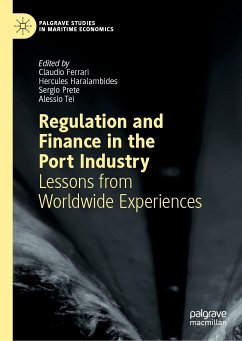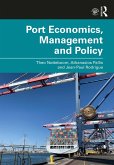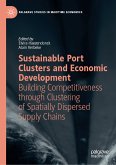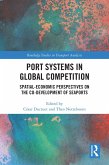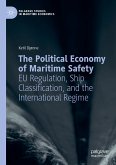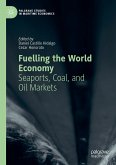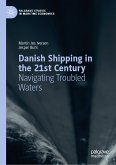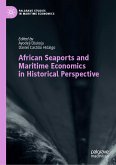This book addresses the latest organizational, regulatory, and governance issues of main port systems, linking them to the financial aspects that are currently in use regarding investments in the port industry. A general review of port management and operations is complimented by analysis of country specific systems and a look at how ports could develop in the future.
This book aims to examine how different port organizational and regulatory contexts affect port investment practices and related financial tools. The book is of use to researchers and practitioners interested in maritime economics and transportation studies.
Claudio Ferrari is Full Professor of Applied Economics at the University of Genoa, Italy, and member of the scientific board of the Italian Centre of Excellence for Integrated Logistics. He is the Director of the Ph.D. program in Marine Science and Technologies.
Hercules Haralambides is Professor of Maritime Economics and Logistics, having taught at 9 universities (and in 7 different countries), most prominent of which being Sorbonne University, Erasmus University Rotterdam, and National University of Singapore. Currently he is also Distinguished Chair Professor at Dalian Maritime University (China) and Adjunct Professor at Texas A&M University (USA).
Sergio Prete is Professor of Port Management at the University of Bari "Aldo Moro", Italy. From 2011 to 2015 he was appointed President of the Port Authority of Taranto. In 2012, he was nominated Member of the "Expert Committee" of the Shanghai International Shipping Institute - the research institute from Shanghai which supports the Chinese Government and private/public Chinese maritime operators in the transport and logistics sector - with whom he cooperated in the research field.
Alessio Tei is currently working at the Department of Economics of theUniversity of Genoa as Associate Professor in Applied Economics. Previously, Alessio has worked at Newcastle University as Lecturer in Maritime Economics and he has cooperated as adjunct professor with several other institutions, among which University of Eastern Piedmont and the Naval Academy of Leghorn. During his career, Alessio was a visiting researcher at the Department of Transport and Regional Economics of University of Antwerp.
Dieser Download kann aus rechtlichen Gründen nur mit Rechnungsadresse in A, B, BG, CY, CZ, D, DK, EW, E, FIN, F, GR, HR, H, IRL, I, LT, L, LR, M, NL, PL, P, R, S, SLO, SK ausgeliefert werden.

